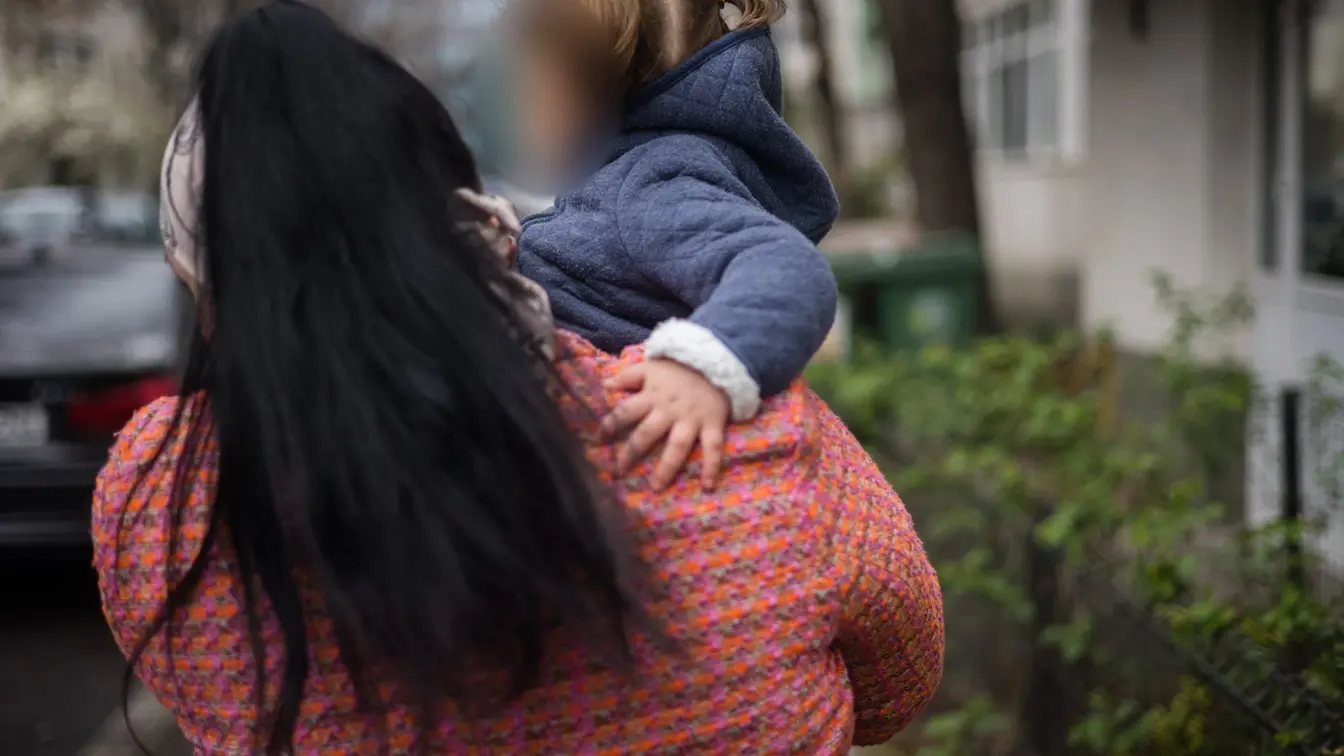T4K3.news
Verdict delivered in NOS abuse case
A former vicar has been found guilty of indecent assault against nine women who were part of the Nine O’Clock Service.
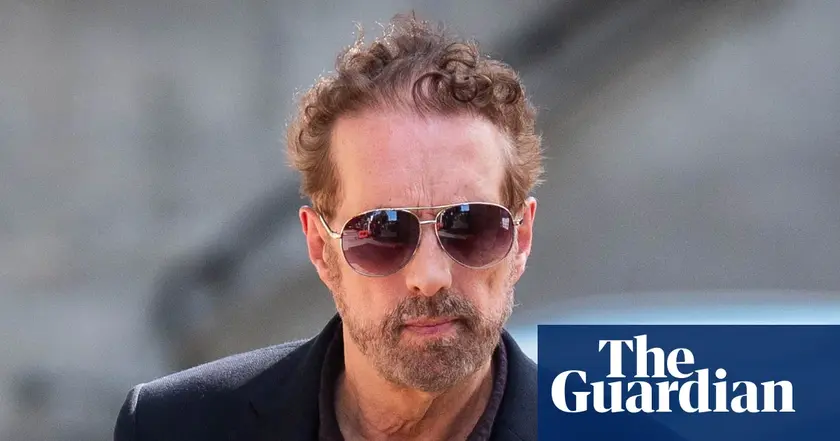
A former vicar who led the Nine O'Clock Service in Sheffield was found guilty on 17 counts of indecent assault against nine women.
Former C of E vicar found guilty of indecent assault against nine women
A former vicar, Chris Brain, 68, was found guilty at Inner London Crown Court of 17 counts of indecent assault against nine women who were members of the Nine O’Clock Service, a Sheffield-based movement prosecutors described as cult-like. The jury cleared him of 15 counts and is still deliberating on four indecent assault charges and one count of rape. Prosecutors said the NOS sought younger followers and used grooming to isolate them from family and friends. A homebase team described in court as the Lycra lovelies or Lycra nuns was said to provide care for Brain, with witnesses noting him surrounded by young women in lingerie at his home.
Brain denies all charges. Sentencing will follow. The case highlights safeguarding gaps in long-standing religious groups and how power can be misused when a leader holds sway over followers. Survivors have emphasized that justice goes beyond the courtroom and that healing and accountability require ongoing reforms within faith communities.
Key Takeaways
"Brain denies all the charges"
defense statement during trial
"The NOS presented itself to the world as a progressive force for good"
prosecutors' closing argument
"Survivors deserve a chance to heal and be heard"
editorial emphasis
The verdict exposes a familiar pattern where charismatic leaders can shield wrongdoing within a closed group. It underscores the need for independent safeguarding measures and clear boundaries between leaders and followers. Communities must confront how praise for spiritual work can mute scrutiny and how reporting channels should remain accessible even when fear or loyalty is strong.
The case also tests how faith groups respond to serious accusations. A credible response involves centering survivors, ensuring transparency, and committing to reforms that prevent abuse from flaring again. The broader takeaway is simple: accountability is essential for trust to survive in any institution that serves the vulnerable.
Highlights
- Church power meets the cold logic of the courtroom
- Survivors deserve to be heard and believed
- Accountability is a test every group must pass
- Truth is stronger than silence in the face of abuse
Risk of backlash and safeguarding concerns
The case centers on a religious movement led by a former figure, raising safeguarding questions and potential backlash from faith communities. The verdict could spark debate about accountability and the support available to survivors.
The courtroom is only the first step in a longer process of reckoning and reform.
Enjoyed this? Let your friends know!
Related News
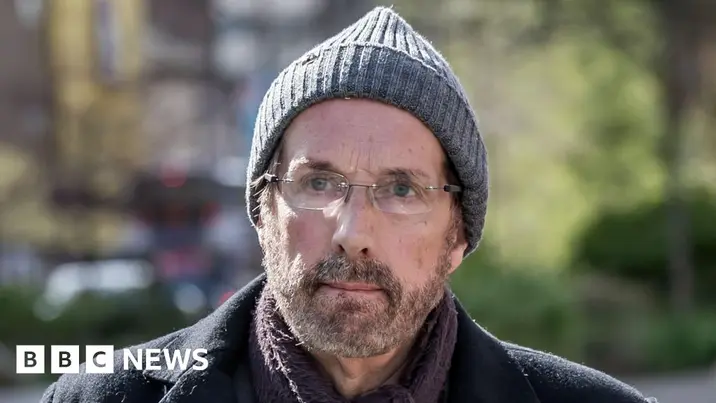
Ex-priest Chris Brain convicted

Cassie Ventura Posts on Instagram After Diddy Trial
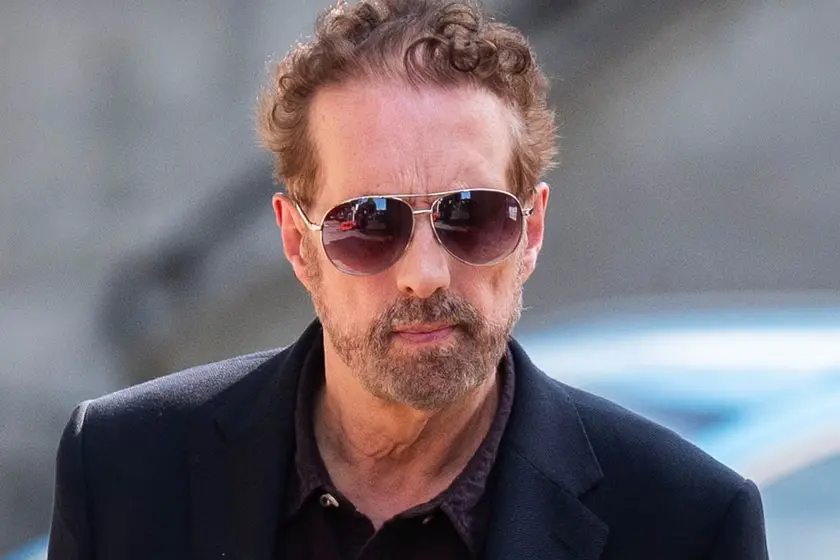
Vicar found guilty of indecent assault
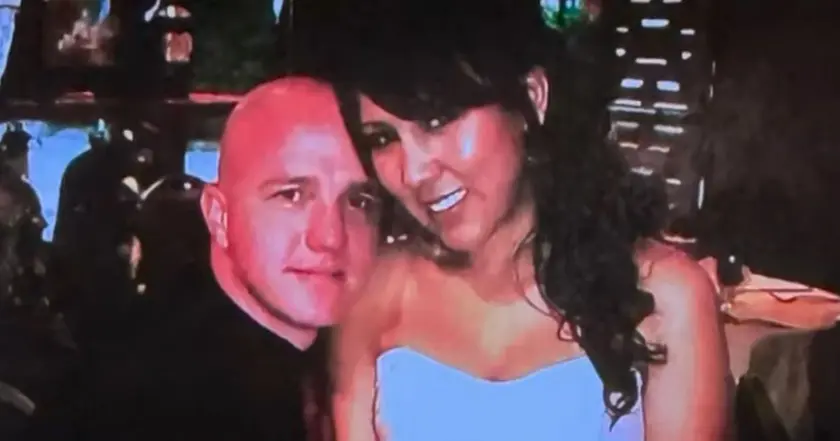
Guilty verdict in a high profile domestic case
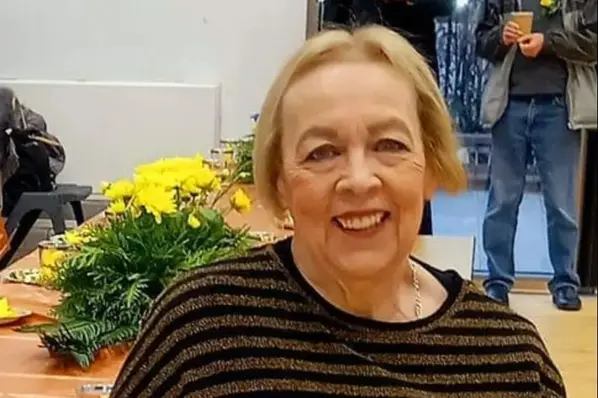
Fiancé convicted of murder in Rita Fleming case

Verdict to be announced in Lucas Paqueta's betting case
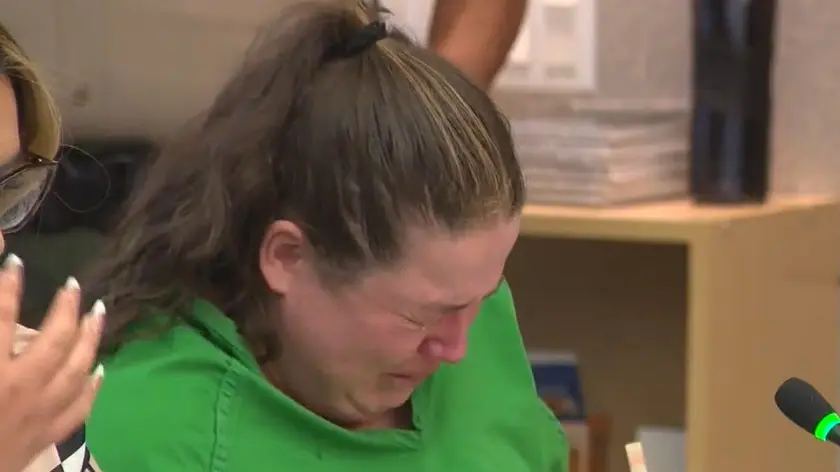
Urgent safety reminder after abuse case
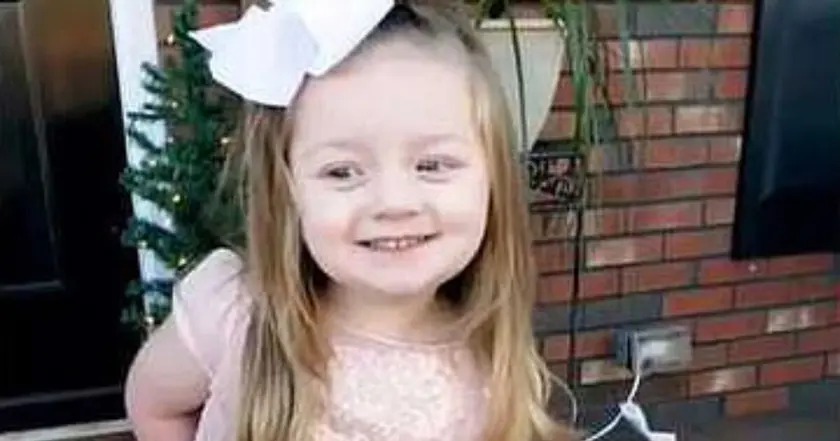
Reality TV star convicted in foster child death
